Machine generated contents note: 1. Husserl: Realist or Instrumentalist? — 2. Laws and Theories — 3. The Plan of This Study — pt. One Husserl’s Phenomenological Philosophy of Science — 1. The Idea of Science in Husserl and the Tradition — 1. The Classical Idea of Science — 2. The Idea of Science in Husserl’s Phenomenology — 3. The Problem of Empirical Science: Locke — 4. The Problem of Empirical Science: Husserl — 5. The Unity of the Empirical Sciences — 6. Explanation in the Empirical Sciences — 7. The Laws of Empirical Science — 8. Empirical Science as Science — 9. The Idealization of the Idea of Science — 10. Summary — 2. Husserl’s Phenomenology and the Foundations of Science — 1. Pure Logic as a Wssenschaftslehre — 2. Regional Ontology — 3. Transcendental Consciousness as the Ground of the Sciences — 4. Phenomenology as the All-Embracing Foundational Science — pt. Two Evidence and the Positing of Existence in Husserl’s Phenomenology — 3. Truth, Evidence, and Existence in Husserl’s Phenomenology — 1. Knowledge, Evidence, and Truth — 2. Evidence as an Ideal Possibility — 3. The Fallibility of Occurrent Cases of Evidence — 4. Evidence and Justification — 5. The Rational Indubitability of the Principle of Evidence — 6. Summary and Transition — 4. Evidence, Rationality, and Existence in Husserl’s Phenomenology — 1. Husserl’s Theory of Rationality: Ideas I — 2. The Strong Formulation and Philosophical Rationality — 3. Rationality in Nontheoretical Contexts — 4. Positive Scientific Rationality — pt. Three The Problem of Theoretical Existence in Husserl’s Philosophy of the Physical Sciences — 5. Physical Things, Idealized Objects, and Theoretical Entities — 1. The Physical Thing — 2. Geometry and the Physical Thing — 3. Geometry and Physical Science — 6. Consciousness, Perception, and Existence — 1. Perceptions and Existence — 2. Consciousness and Existence — 3. The “Existence-Independence” of Intentional Relations — 4. The Ontological Status of the Noema — 5. Summary — Conclusion — 1. Husserl’s “Dogmatism” — 2. The “Ambiguity” of Husserl’s Philosophy of Science — 3. Husserl’s “Instrumentalism” — 4. Husserl’s “Provisional Instrumentalism” — 5. Summary and Prospect.;Edmund Husserl, founder of the phenomenological movement, is usually read as an idealist in his metaphysics and an instrumentalist in his philosophy of science. In Nature’s Suit, Lee Hardy argues that both views represent a serious misreading of Husserl’s texts. Drawing upon the full range of Husserl’s major published works together with material from Husserl’s unpublished manuscripts, Hardy develops a consistent interpretation of Husserl’s conception of logic as a theory of science, his phenomenological account of truth and rationality, his ontology of the physical thing and mathematical ob.
Physical
[PDF] Nature’s suit: Husserl’s phenomenological philosophy of the physical sciences Husserl, Edmund;Physik;Hardy, Lee
$19.99

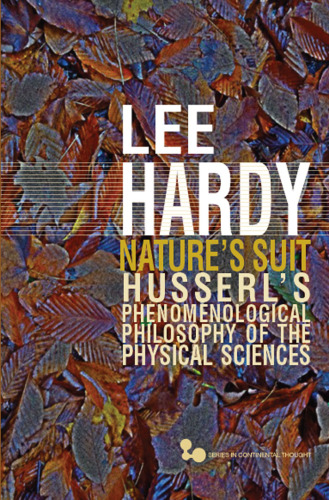
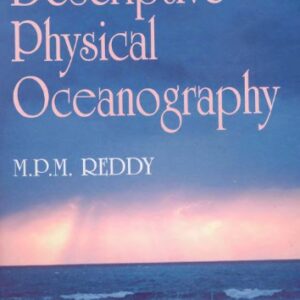
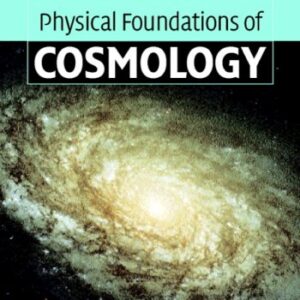
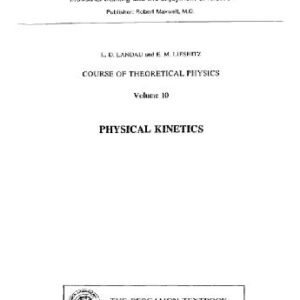
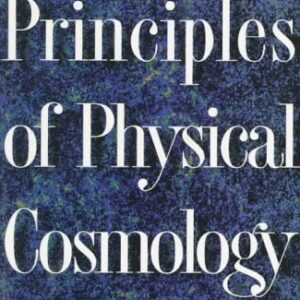
Reviews
There are no reviews yet.